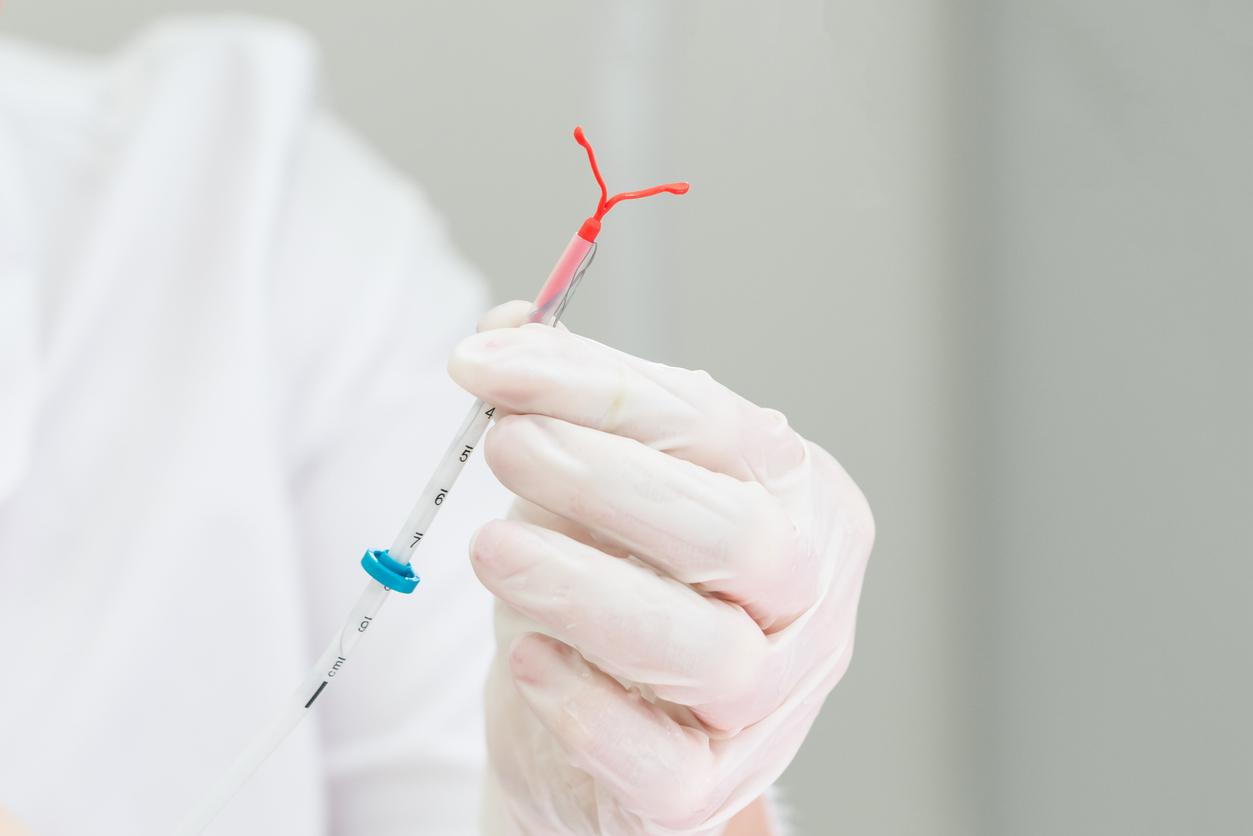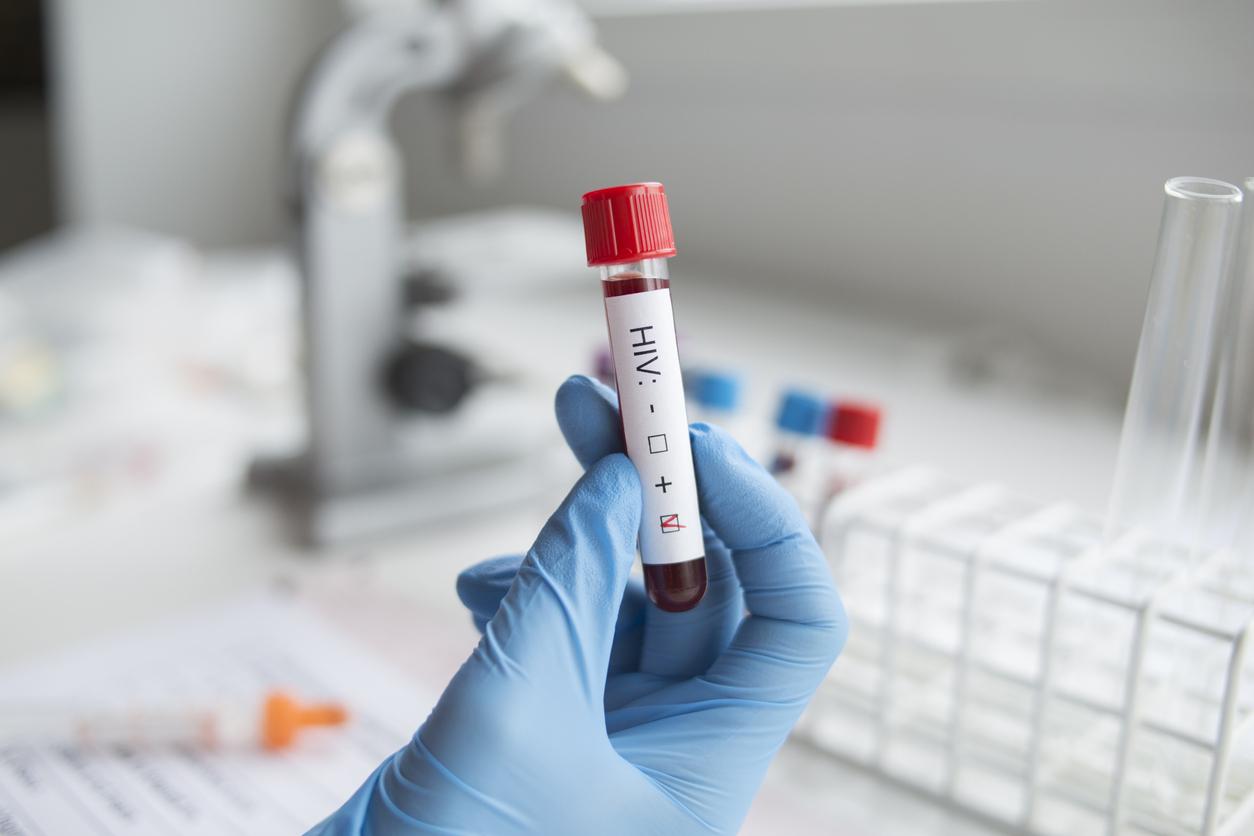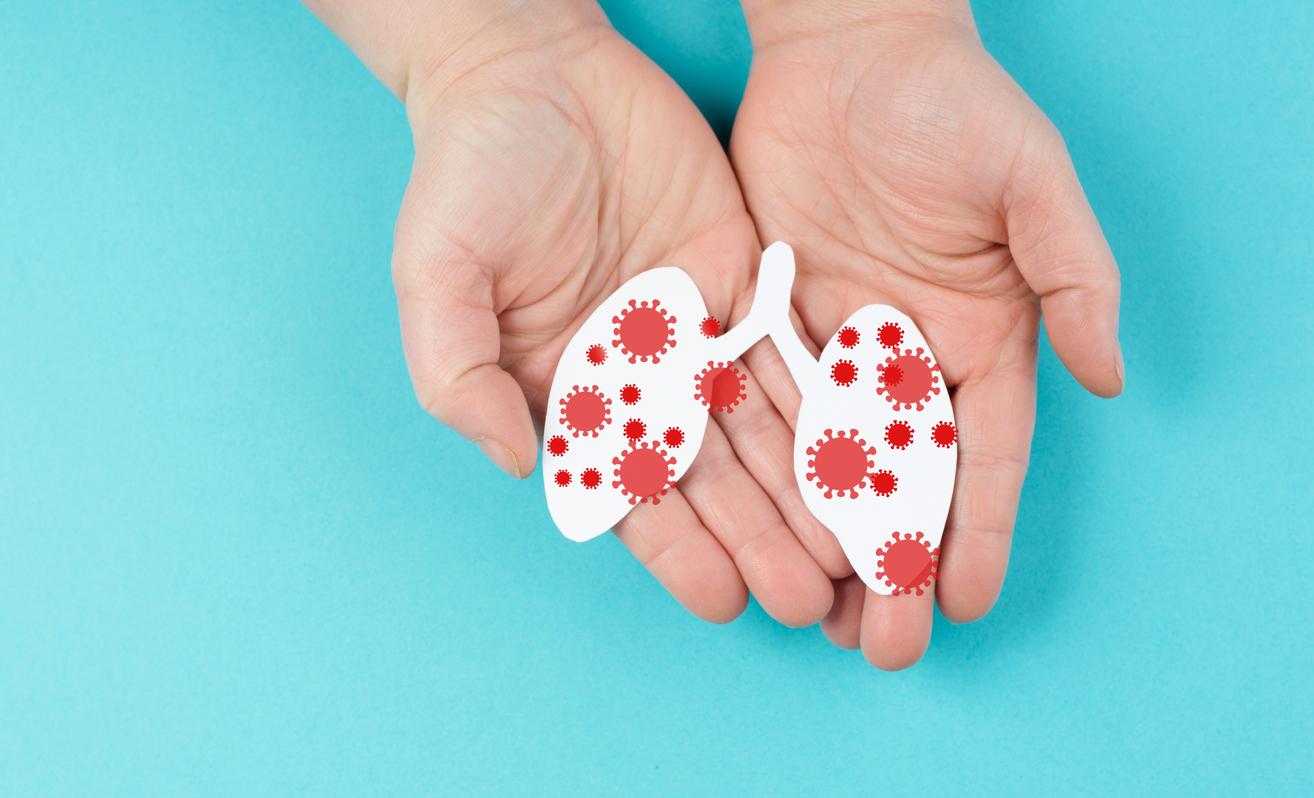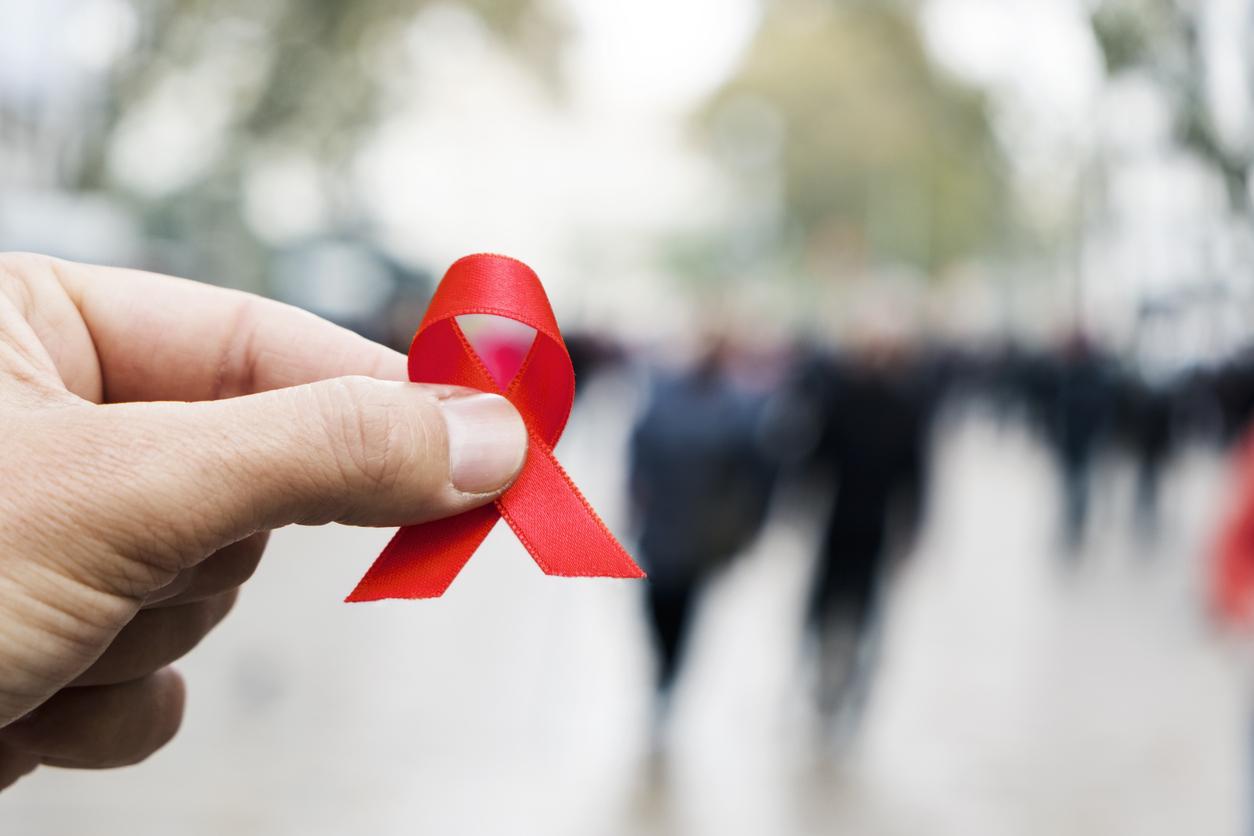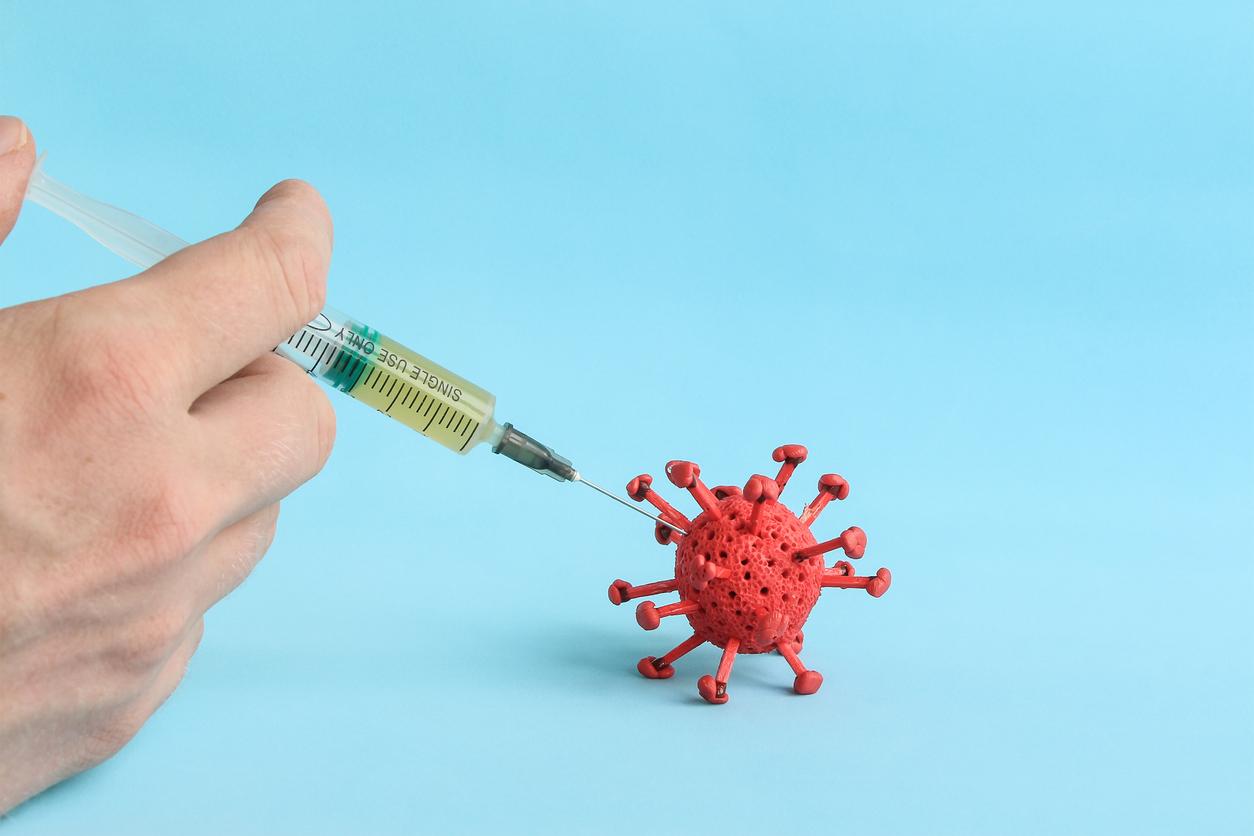A lymphocyte-specific receptor helps the body defend itself against HIV. But it is only found in a very small number of HIV-positive patients.

HIV attacks cells responsible for immune defenses. He is also able to escape these same defenses, which makes him particularly resistant. But in very rare cases, lymphocytes can recognize the virus. A mechanism then prevents the development of the infection. Why ? A team from the Institut Pasteur, Inserm and the National AIDS Research Agency (ANRS) explain this in the Journal of Clinical Investigation.
14 patients
Only 0.5% of patients infected with HIV are able to defend themselves against the virus without medication. Appointed HIV Controllers, these people live long years without progression to an acquired immunodeficiency syndrome (AIDS). However, they are not on antiretroviral therapy.
In order to better understand this medical exception, the ANRS grouped together the rare patients in a cohort (CO21 CODEX) and has been following them ever since. They are fourteen. The Institut Pasteur team looked at the characteristics of their CD4 + T lymphocytes, which are normally attacked by HIV. The profile of these cells was compared with those of 15 seropositive patients on antiretrovirals.
A treatment track
At the HIV Controllers, CD4 + lymphocytes can recognize minimal amounts of HIV, the study found. Thus, the population is maintained at a level sufficient to ensure the body’s defenses. In a normal patient, they would be destroyed by the virus, or inactivated by it. This work therefore provides proof that the human immune system can resist HIV under certain conditions. You still have to know which ones.
The work partly answers this question. At the HIV Controllers, CD4 + T cells are able to produce cytokines involved in the immune response. All of this is made possible by specific receptors that target an HIV protein, which is rarely found in patients on antiretrovirals. The sequences are often similar in the members of the cohort.
The study finally provides a treatment path: when the receptors are transferred to healthy cells, the latter recover the immune properties of CD4 + T lymphocytes. The authors therefore do not rule out immunotherapy which would consist of transferring or amplifying specific T receptors. The goal: to restore an effective antiviral response in patients whose disease has progressed.
.





